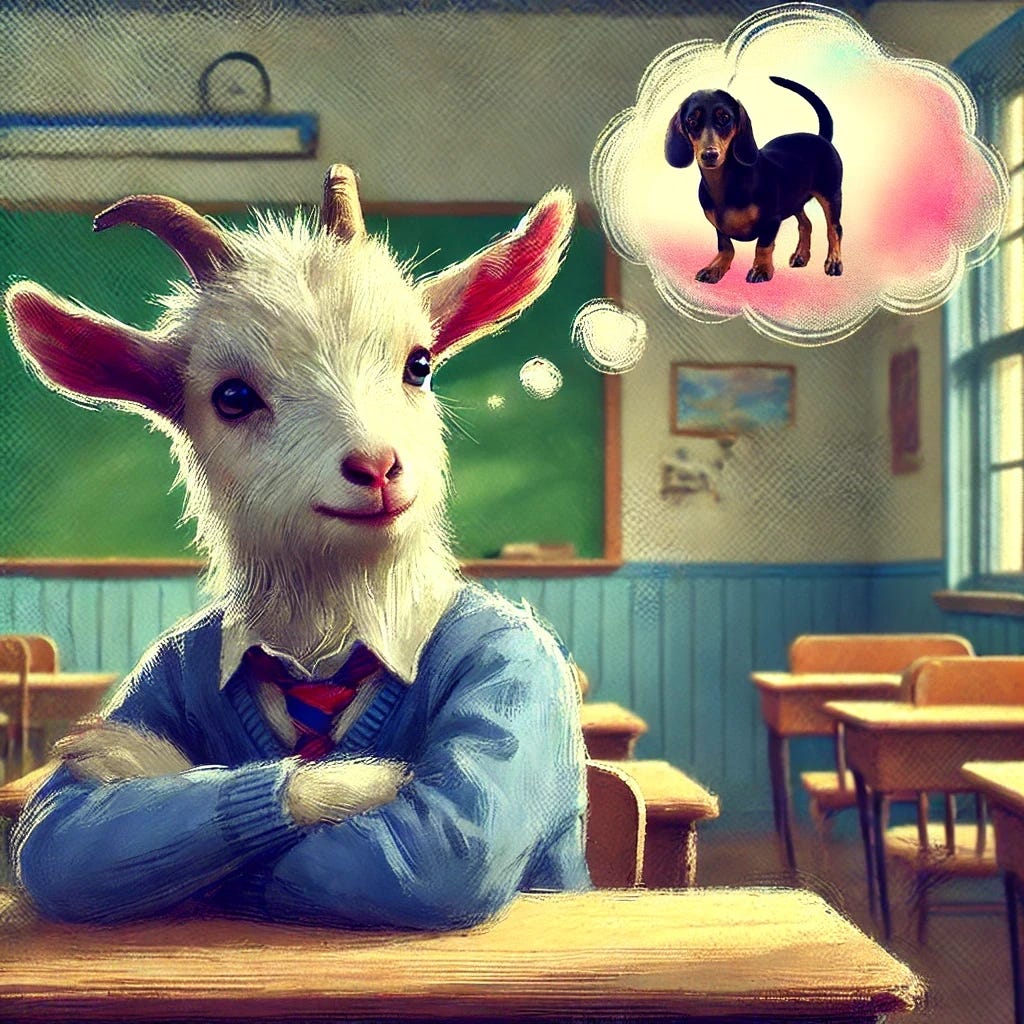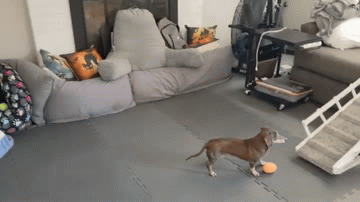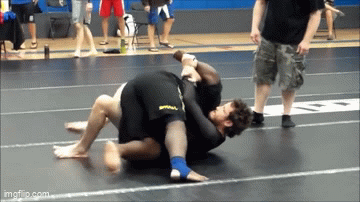Stop playing around!
This advice is doled out by parents around the world, and it’s a good thing, too: otherwise, not many kids would go on to have independent, successful lives. After all, there is a certain structured life we expect for kids to adhere to, and this starts mighty early in life.
By the time we’re in elementary school, we’re used to not being able to play around for fairly long stretches of time. We’re expected to stay (mostly) focused on a single subject for as long as 45 minutes or an hour, with plenty of caveats and praise for creative and clever teachers everywhere out there. We learn to postpone our playtime for longer and longer as our education goes along.
When you’re a grownup at work, you’re not supposed to play around, but who among us doesn’t find a way to sneak little games in every now and then? Maybe it’s a little video game, or maybe it’s scrolling through a social media feed. Wait… are you supposed to be working right now? I mean, nothing.
We have this idea ingrained into us at a very early age, and it stays with us all the way through our entire adult lives. Work is something to be praised, while play is to be minimalized, the idea goes.
Is that really true, though?
Sure, you need the productive stuff to accomplish literally anything. There are systems out there keeping people fed and housed, keeping businesses healthy, and keeping nations running; we would strongly prefer for the people who run those systems to keep their eyes on the wheel.
At the same time, we need to continue to evolve and improve as a society. If we want to push the boundary of what’s possible, we need an awful lot of what I can only describe as play.
If we look to the animal kingdom, we might find some clues as to why that might be.
Most mammals and birds begin their lives with a tremendous amount of play. This serves to reinforce ultra-important social bonds during play between two animals in the same pack or group. That might prove useful in the future, when each animal knows the other and has practiced interacting with it before.
You’ll see a lot of hunting and killing practice, too. This makes sense: you don’t really want to dive into the deep end without knowing how to swim, and a hunt that goes wrong can easily get you killed. It pays to practice.
It pays to play.
It pays to play for reasons we humans notice, too. For one thing, our stress levels tend to be way lower when we have time to play a little bit. That’s certainly true at our jiu jitsu schools, and it’s true of more potentially solitary activities like rock climbing or yoga, too.
It’s true of playing a musical instrument or creating visual art, and it’s certainly true of my writing here on Substack. I get to scratch my curiosity itch every day, and I have a blast doing it. I get to experiment a little bit with small variables in my writing, hoping to tell the story a little better each time.
Play also allows us to contemplate ideas we might never otherwise come across. I remember being exposed to lots of new sports and games as a kid, just because I wanted to play. I learned entirely new skill sets by playing more challenging sports, and something about that idea of challenging myself stuck with me all the way to high school, where I started wrestling.
Wrestling, which is a very close cousin to what I practice today, is a phenomenal form of play between two humans. Each person is looking to establish a particular position while keeping the other person from doing the same thing, and you end up with delightfully complex attacks and counter-attacks.
Jiu jitsu is the same way, although probably a bit more amenable to the human aging process. Every time I train, I get to play with another person. Sure, we are “simulating murder”, as some people like to say, but we’re having a blast doing it.
More importantly, we are stretching our minds. Remember, our minds extend beyond our brains alone. We do cognitive offloading by gesturing with our hands while we’re talking, and if you’re doing BJJ, you are most certainly processing a great deal of information in real time. Importantly, it’s a different sort of information than you might normally process, and that’s where the growth from play really comes from.
As adults, we have to learn to play again. We’ve talked ourselves out of playing by the time we’re in our adulting phase, and while we do need to make sure the important things in our life are taken care of first, we should also make sure there’s plenty of time for play… and we should never feel guilty about that.
Play time does not have to mean unproductive time. You can feel good if you’re just kind of goofing off an letting your mind wander, at least as long as you’re not doing that all the time.
"Whoever is not in the possession of leisure can hardly be said to possess independence." - Herman Melville
Melville has a great point: play isn’t trivial, but instead it’s one of the things that gives life meaning. We look forward to it during the times when we have to keep our heads down and our noses to the grindstone, and it’s a welcome distraction during the toughest emotional times.
Beyond the moment and the feeling, play serves an even greater purpose. It makes sense that we should enjoy play so much; after all, that’s exactly how we learn about the world and, ultimately, improve our own position in it.
My advice isn’t to stop playing around, but instead to craft your life around play. Make sure you get to enjoy play every day for at least a little bit—it might help to think of it as a mental health exercise if it seems like you shouldn’t play around, and to keep in mind these other hidden benefits.
Make sure the other important things in life get done too, but keep in mind that they’re other important things. Play is important too.
Now, tell me: how do you like to play?





Play is crucially important for work too. We take ourselves too seriously too often.
I listen to music, such as the Ohio Players....